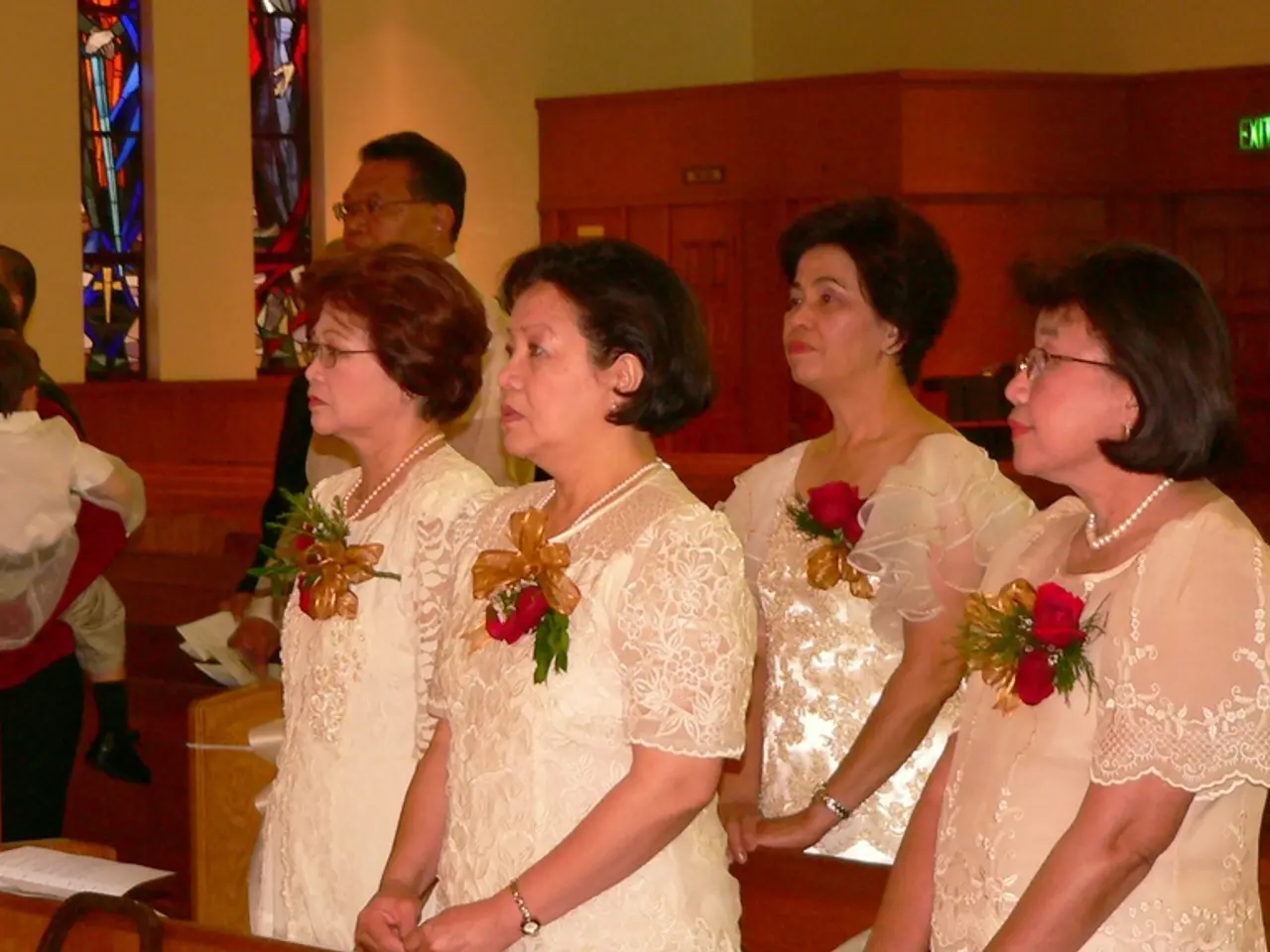Midwives' Contribution to the Healthcare Sector
On September 24, 2025, at 5:00 PM, the History Workshop Göttingen invites the public to a thought-provoking neighborhood tour titled "Medicine in Göttingen under National Socialism - Role of Midwives". The tour is part of the exhibition "On the trail of European forced labor. South Lower Saxony 1939-1945".
The tour will be led by Cornelia Krapp, a midwife turned historian at the Geschichtswerkstatt Göttingen. The tour aims to shed light on historical events related to forced labor and its impact, with a special focus on the role of midwives.
In National Socialism, the presence of a midwife at every birth was legally prescribed in 1938. However, the participation of midwives in the system was complex. While they were considered important for right-wing ideologies, aiming to fix women to their maternal role, pregnancies of forced laborers were fundamentally unwanted in Nazi Germany, as were foreign children.
The tour will provide an introduction to the history of the Göttingen clinic, focusing on forced laborers as patients and staff. It will also delve into forced sterilizations in the women's clinic, a dark chapter in the clinic's history. The tour will not discuss the role of midwives in scientific purposes or the exploitation of pregnant women from Eastern Europe, as these topics were already covered in earlier exhibitions.
Today, midwives emphasize that their professional ethics cannot be reconciled with right-wing thinking. The Midwifery Act explicitly states that midwives should respect women's right to self-determination.
The tour begins at the gate of Goßlerstraße / Corner Käte-Hamburger-Weg and covers the grounds of the old university clinic between Goßlerstraße and Humboldtallee. Participation in the tour is free of charge, but donations are welcome. For further information about the exhibition and the tour, visit www.zwangsarbeit-in-niedersachsen.eu.
The exhibition and tour aim to serve as a reminder of the historical events related to forced labor in South Lower Saxony during the years 1939-1945, shedding light on a crucial yet often overlooked aspect of the region's past.
Read also:
- Is it advisable to utilize your personal health insurance in a publicly-funded medical facility?
- Dietary strategies for IBS elimination: Aims and execution methods
- Benefits, suitable dosage, and safety considerations for utilizing pumpkin seed oil in treating an overactive bladder
- Harmful Medical Remedies: A Misguided Approach to Healing






